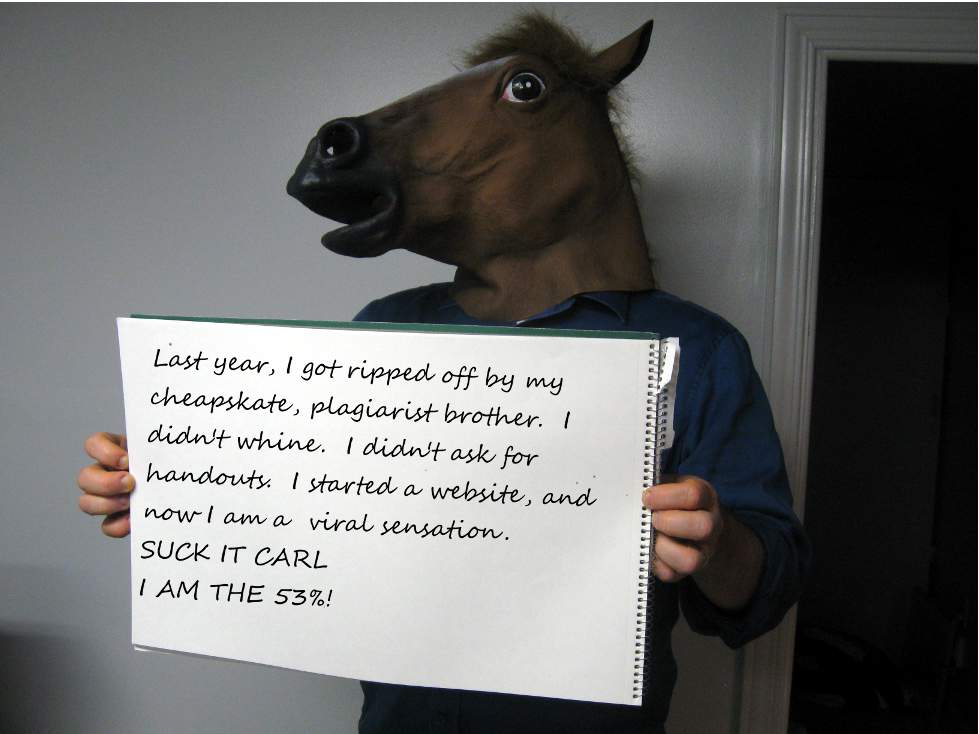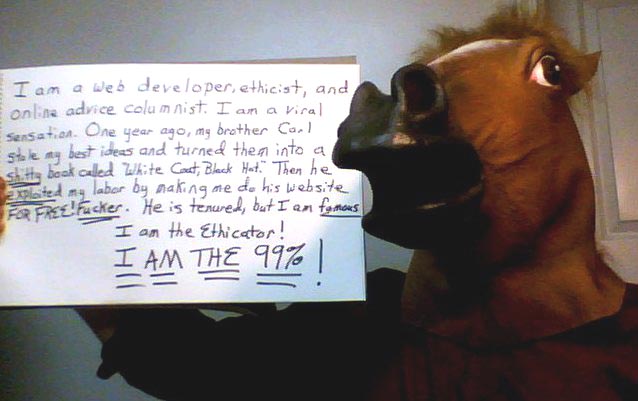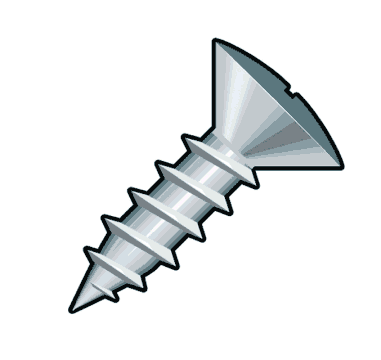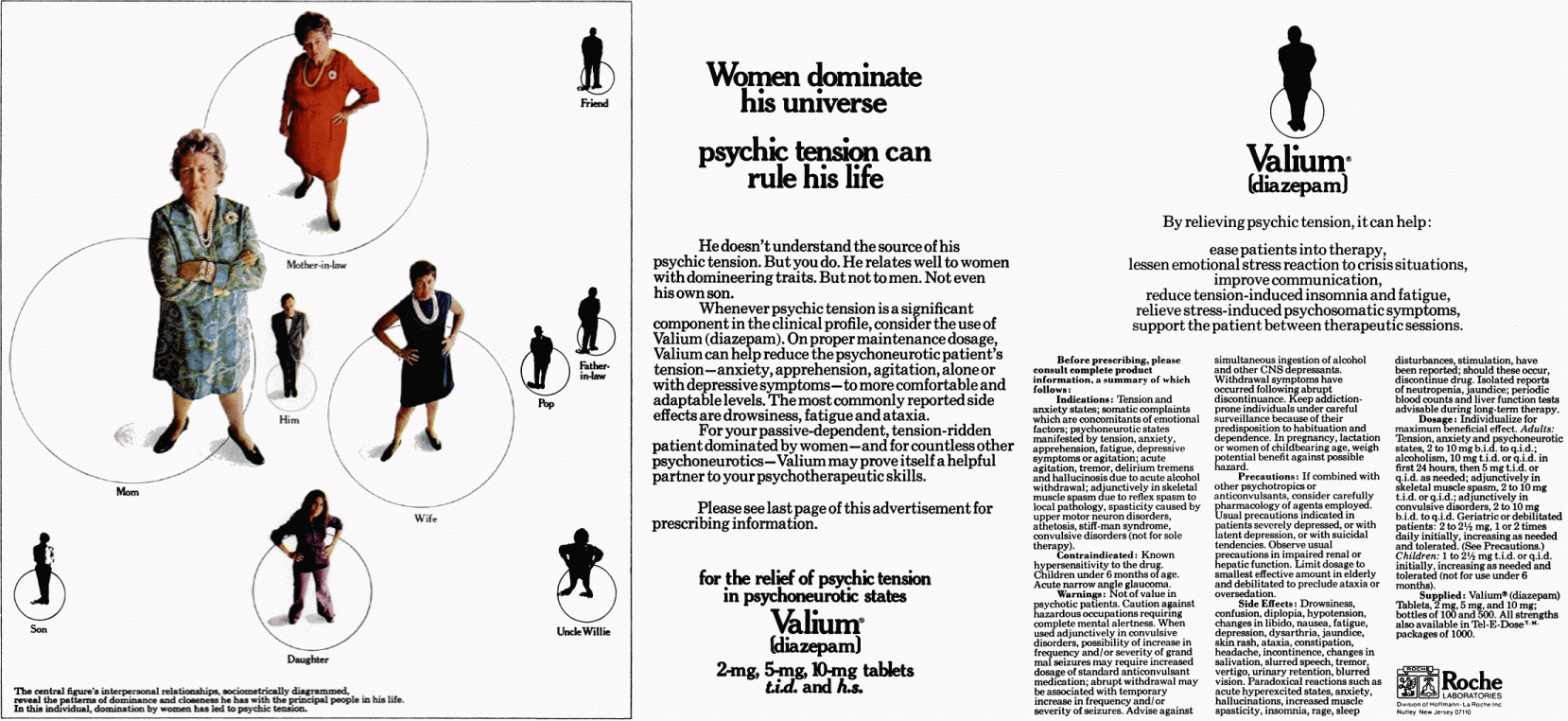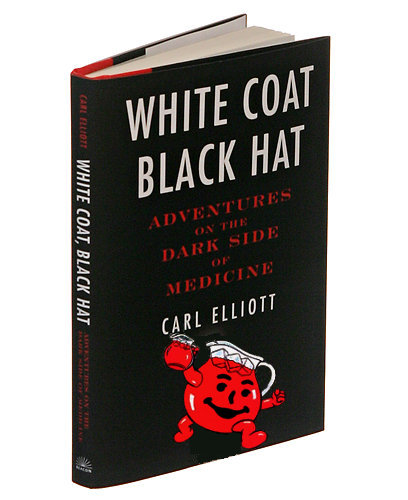 A recent article in Inside Higher Ed offers some handy advice on how to build and enhance your academic brand. Â Titled “The Value of Self-Promotion“, the article has generated some controversy by suggesting that new academics should cite their colleagues’ work for professional gain:
A recent article in Inside Higher Ed offers some handy advice on how to build and enhance your academic brand. Â Titled “The Value of Self-Promotion“, the article has generated some controversy by suggesting that new academics should cite their colleagues’ work for professional gain:
You should be citing all of the senior people in your field, even if their work is tangential to your own. Citation is a way of demonstrating that you know your field and you know who the key thinkers are. It is amazing how often the same person will be asked to referee your work.
Now, I can’t say I’ve spent a lot of time advancing myself in academic circles (unlike one bootlicking, sycophantic assclown whose book you may remember); however, as an Internet-based bioethics expert, I’ll say this sounds about right. What’s academic publishing for, anyway, if not for advancing your career? Do it right, I say.
But there’s also another side of me, the Internet marketing expert, that asks the obvious questions: Citations? Peer-reviewed journals?  Does anybody read these anymore, let alone write for them? Seriously, what decade is this?
Listen to me: If you want some bang for your buck, take to the Internet. And don’t just cite your colleagues; any milquetoast can make nicey-nice with the boss-man. You need to find out who your colleagues’ enemies are, then start firing away in the online forums. Take to the comments section of the newspapers and the online media (hell, take two or three screen names if you want, and trade insults off one another). Rack up 2500 Facebook friends, including your senior colleagues, and start wailing away at the bad guys.  All this you can do in a third of the time it takes you to write a paper proposal, yet you will reach thousands more people and leave a permanent, lasting impression on the people you want most to impress. It’s quick, it’s cheap and it’s unfiltered: That’s the Ethicator way.
Got a moral issue you just can’t solve? Send your questions to the Ethicator: info@whitecoatblackhat.com
Ethicator
 In an interview with Misha Angrist last week, Carl Elliott finally acknowledged the existence of his brother’s website. Here is my long-awaited response:
In an interview with Misha Angrist last week, Carl Elliott finally acknowledged the existence of his brother’s website. Here is my long-awaited response:
